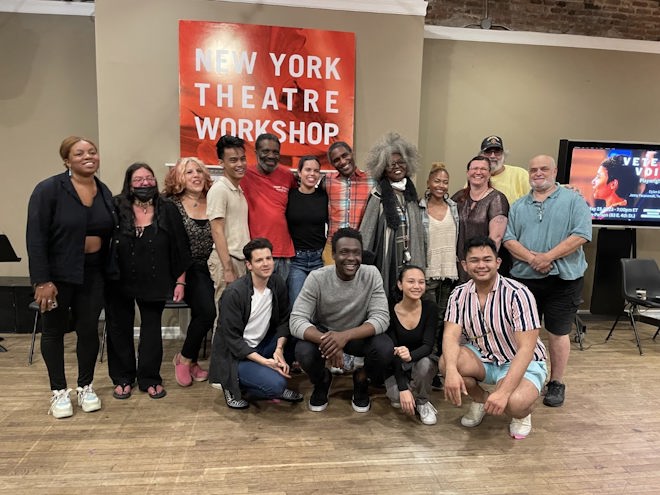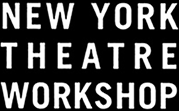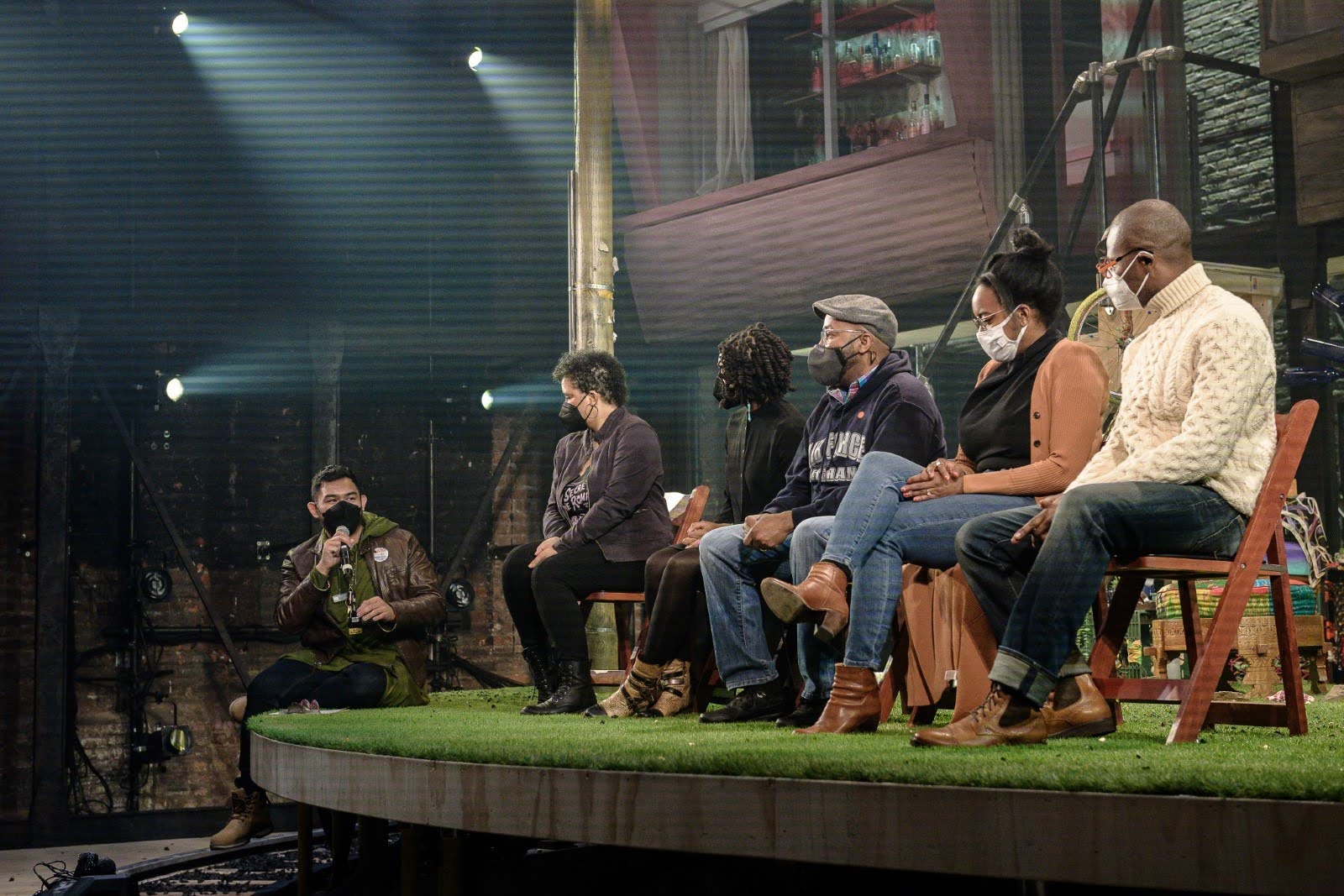

The Veteran Voices Playwriting Seminar is celebrating its fourth cohort of participants composed of 8 to 10 military veterans and their family members. A collaboration with Poetic Theater Productions’ Veteran Voices, the program has been sponsored by NYTW since its conception in 2020 during the pandemic. The program ends with a presentation of short plays by the participants which will be presented in-person later in May.
Playwright and NYTW Teaching Artist Dylan Guerra (DG) and Teaching Assistant and Military Veteran Jenny Pacanowski (JP) took a moment to share some words about the program.
Now in its fourth cycle, what have been the discoveries about the program since it first started?
DG: One of the most amazing things I discovered about this program when I first started facilitating it, is the willingness of our veterans to foster community with each other in an artistic space. Every year there has been an overwhelming sense of support, care, and artistic rigor from the very first meeting through our staged readings.
JP: At first, we weren’t sure what direction the program would go as in full-length or short plays. I discovered that playwriting is a really beautiful way to express creativity with some autobiography and even give body parts a voice.
Why has the program remained on zoom?
JP: We have veterans all over the country who need a creative environment and a secure space to discuss their art/writing and life. We want to be inclusive and accessible.
What’s your favorite memory the past several years?
DG: During the first session we ever had, someone wrote a deeply personal and moving piece about a moment in their life that they were struggling to move forward from…after they finished sharing this piece with the class, the students almost immediately were by their side sharing stories of their similar struggles and the way they overcame them. This sort of communal recognition and support would continue for the duration of the workshop and through every session.
JP: My favorite memories are the looks on the veterans’ faces when they hear their words spoken by actors. It’s awe-inspiring.
Photo: A talk-back of On Sugarland featuring members of the Veteran Voices Playwriting Seminar, Playwright Alisha Harris, and Director Whitney White, facilitated by Gaven Trinidad. Veteran Stacey Ball (second from the left) also served as the production’s military consultant.
What do you envision for the program’s future?
DG: As we continue to grow and bring in more people into the Veteran Voices family, I would love to be able to provide more opportunities for participants in our classes; more space for previous students to return– a 201 class, perhaps a screenwriting class and/or a mentorship program.
Why is this program important for folks to support?
DG: This program is important for folks to support because the writing that is coming out of the program is not only really beautiful (and playful, whimsical, moving, deep, etc.) but it is also engaging with community and healing on a really personal level. The Veteran Voices program is helping build confidence in our veterans to pursue artistic goals and engage not just with their own artistic voices but their community’s as well.
JP: Veterans don’t want to be pitied, they want to be seen and heard for what they contribute. Supporting this program is better than a handshake and “thank you for your service.” This program is a way to show up for veterans who are showing up for themselves and being courageous by putting their words and thoughts out there.
Explore more
Categories: Education.

 My Cart
My Cart My Account
My Account Gift Certificates
Gift Certificates Find Us
Find Us





